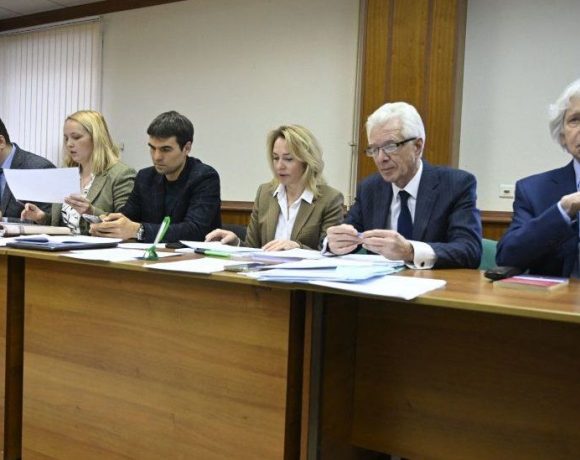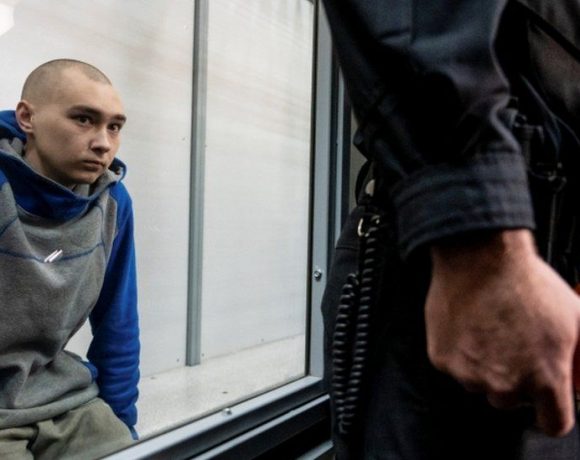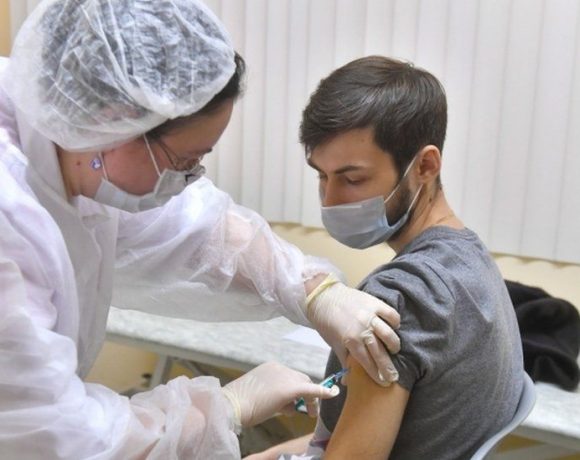
The oldest human rights organisation in Russia has been told by a court to shut down. The Moscow Helsinki Group (MHG), which was established in 1976, publishes a yearly report on the state of human rights in Russia.
The authorities have recently stated that it does not possess the proper registration. It is the most recent in a string of closures aimed at opposition and human rights organisations across Russia.
The justice ministry sued to dissolve the organisation in December, claiming that it was only registered to protect human rights in Moscow and not elsewhere in the nation. The decision follows the filing of that complaint. Despite the MHG always working with a wider scope, this is the case.
At the time, the group referred to the action as “disproportionate” and asserted that it would go on operating “regardless of the preferences of the authorities.” According to a statement released by MHG on Wednesday, the organization’s co-chair warned the judge and justice ministry representatives that by shutting it down, they were “committing a major sin.”
Valery Borshov remarked, “You are ruining the human rights movement, you are destroying it. “The group’s dissolution is a significant blow to the human rights movement everywhere, not only in Russia,” The group claimed that the ad hoc inspections of the MHG by the justice ministry were unlawful, which was the basis for the case. It has stated that it will challenge the ruling.
It was founded by a group of well-known Soviet dissidents and named for the Helsinki Accords, a comprehensive international pact that the USSR signed and supported fundamental freedoms and human rights. After the Soviet Union’s fall, the group was reactivated in the early 1990s.
MHG has compared the treatment it has received from the Russian government to that of Memorial, a well-known human rights organisation that was shut down in 2021. The Journalists and Media Workers’ Union was among the numerous rights organisations that Moscow courts disbanded last year.
International human rights groups have sharply criticised the Russian government for what they see as a widespread crackdown on independent journalism and dissenting voices that has gotten worse since its invasion of Ukraine.
That includes top opposition figures, the majority of whom are now either in prison or exiled.
picture courtesy: google/images are subject to copyright


